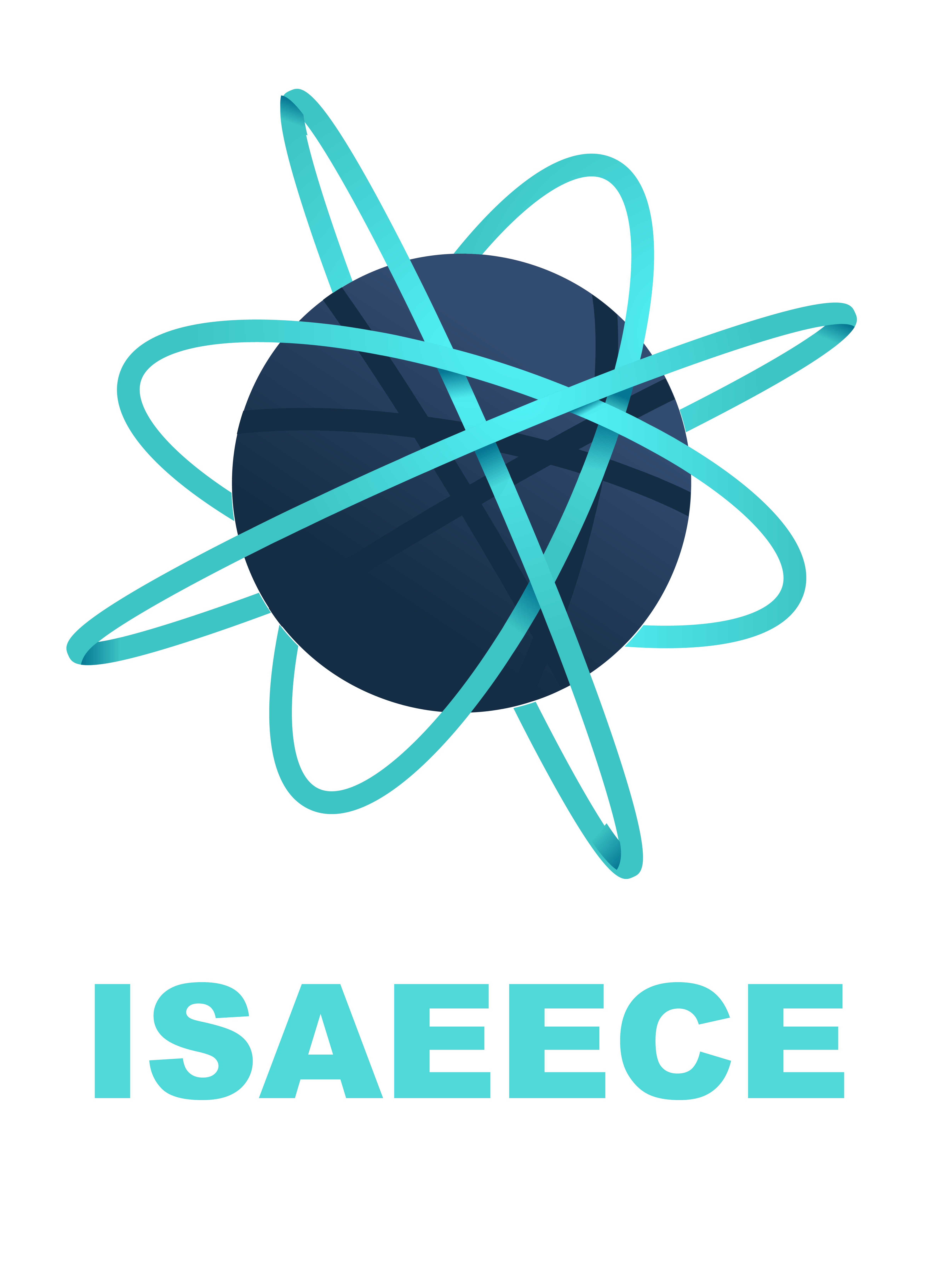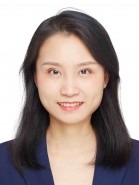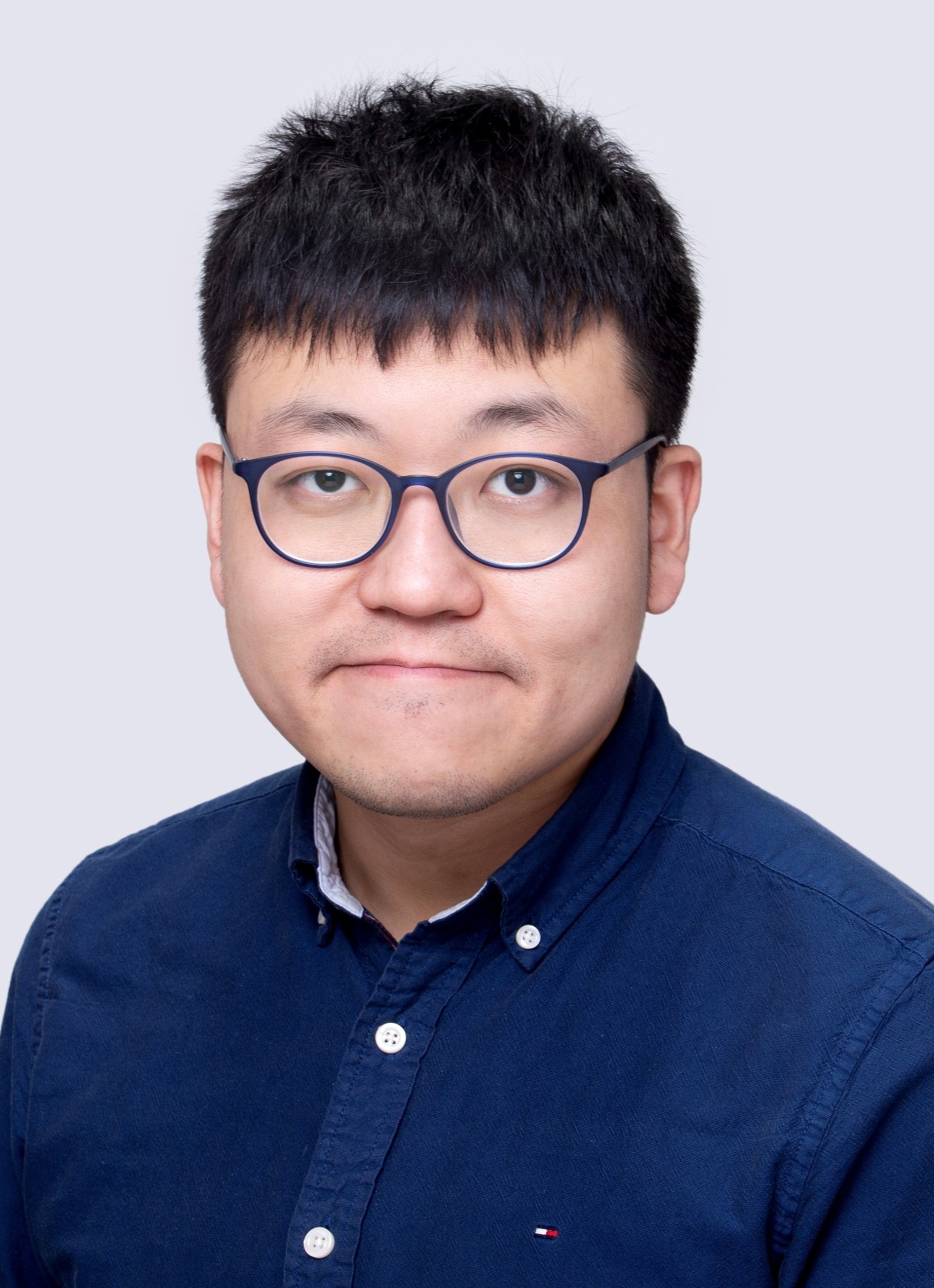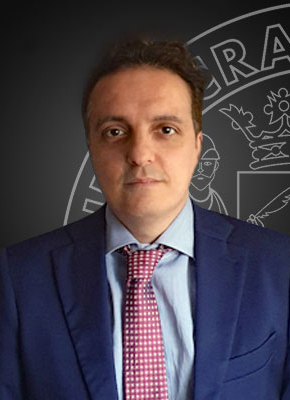
Speakers
SPEAKERS |
Prof. Pingyi Fan IEEE Senior Member Open-source Recognition Innovation Center, Dept. EE Tsinghua University, China | Profile: Dr. Pingyi Fan is a professor of the Department of Electronic Engineering of Tsinghua University. He received Ph.D. degree at the Department of Electronic Engineering of Tsinghua University in 1994. From 1997 to 1999, he visited the Hong Kong University of Science and Technology and the University of Delaware in the United States. He also visited many universities and research institutes in the United States, Europe, Japan, Hong Kong and Singapore. He has obtained many research grants, including national 973 Project, 863 Project, mobile special project and the key R&D program, national natural funds and international cooperation projects. He has published more than 190 SCI papers (more than 130 IEEE journals), and 4 academic books. He also applied for more than 30 national invention patents, 5 international patents and. He won seven best paper awards of international conferences, including IEEE ICC2020 and Globecom 2014, and received the best paper award of IEEE TAOS Technical Committee in 2020, the excellent editor award of IEEE TWC (2009), etc. He has served as the editorial board member of several Journals, including IEEE and MDPI. He is currently the editorial board member of Open Journal of Mathematical Sciences, the deputy director of China Information Theory society, the co-chair of China's 6G-ANA TG4, and the chairman of Network and Communication Technology Committee of IEEE ChinaSIP. His current research interests are in 6G wireless communication network and machine learning, semantic information theory and generalized information theory, big data processing theory, intelligent network and system detection, etc. Speech Title: AEGAN:One Approach from Variational Auto-Encoder Theory to Application of Fault Detections Abstract: In this report, we first present the theory of Variational auto-Encoder (VAE) technology and show how to use it to the inference problem with massive data, and then introduce its possible applications, and some recent developments in different areas. We also present a new result by jointly using VAE and GAN (generative adversarial Networks) ---AEGAN, for machine fault detection with mechanical sounds. Some interesting observations are obtained. Finally, we give a short summary to point out some promising research directions on combinations of VAE and other Machine learning methods. |
Prof. Yanjiao Chen IEEE Senior Member Zhejiang University, China | Profile: Yanjiao Chen received her B.E.degree in Electronic Engineering from Tsinghua University in July 2010 and her Ph.D. degree in Computer Science and Engineering from Hong Kong University of Science and Technology in January 2015 under the supervision of Prof. Qian Zhang. During May 2015 to April 2016, Dr. Chen has been working as a postdoctoral fellow at the Department of Electrical and Computer Engineering, University of Toronto, under the supervision of Prof. Baochun Li. Dr. Chen is currently a Bairen Researcher in the College of Electrical Engineering, Zhejiang University. From May 2016 to Dec. 2020, Dr. Chen worked as a Professor in the Department of Computer Science, Wuhan University. Speech Title: Privacy Threats of Deep Graph Neural Networks Abstract: Graph
Neural Networks (GNNs) are a used to process graph data, which are composed of
nodes and edges. GNNs can capture structural information of graph data by
learning interactions between nodes. In recent years, the performance of GNNs has
improved rapidly in tasks such as node classification, link prediction, and
clustering. GNNs are widely used in healthcare, fraud detection, and social
recommendations. However, GNNs have also exposed new attack surfaces for
privacy attacks on graph data. This talk will introduce a new privacy attack
called Infiltrator, which can steal node-level privacy information by attacking
the GNNs in a black-box manner. The core idea of Infiltrator is to infiltrate
the graph network by creating fake nodes to be connected with the victim nodes.
We hope to boost future research on developing more effective defensive
measures to protect the privacy of graph data. |
Prof. Dongjing Miao Harbin Institute of Technology, China | Profile: Dongjing Miao is a
professor of Faculty of Computing, Harbin Institute of Technology. He is a
member of CCF Database Committee, a member of the CCF Theoretical Computer
Science Committee and the vice director of Heilongjiang Province Key Laboratory of Big Data Science and
Engineering. His research fields include data quality, database management
system, big data computing theory. He won the 2018 CCF Outstanding Doctoral
Dissertation Award and 2019 ACM SIGMOD China Rising Star Award. He served as
the chair or the member of the program committees of COCOON, DASFAA, COCOA. He
is the leading guest editor of journals including Algorithmica and Theoretical
Computer Science. Speech Title: Complexity and algorithms on fd-repair computation Abstract: In this talk, we investigate the complexity and
algorithms of computing an optimal repair of an inconsistent database, in the
case where integrity constraints are Functional Dependencies (FDs). We focus on
two types of repairs: an optimal subset repair (optimal S-repair) that is
obtained by a minimum number of tuple deletions, and an optimal update repair
(optimal U-repair) that is obtained by a minimum number of value (cell)
updates. We talk about a dichotomy in the complexity of computing an optimal
S-repair and some related results on computing an optimal U-repair. At last, we
introduce approximation algorithms for optimal S-repair and U-repair. |
Prof. Pierluigi Siano IEEE Senior Member University of Salerno, Italy | Profile: Pierluigi Siano is Full Professor of Electrical Power Systems and Scientific Director of the Smart Grids and Smart Cities Laboratory with the Department of Management & Innovation Systems, University of Salerno. Since 2019 he received the award as Highly cited Researcher by ISI Web of Science Group. According to the study conducted by some Stanford University researchers, it has been included in the ranking of 100 thousand international scientists, belonging to different disciplinary fields and with greater scientific impact. The investigation was conducted by some Stanford University researchers who, starting from the SCOPUS database containing the list of scholars of the world classified by scientific production, developed a composite indicator that takes into account all possible bibliometric parameters (h index, number publications, citations, journal relevance, sector relevance, etc.), in order to generate a wider ranking, focused on the scientific relevance of scientists, in relation to the activity of the last 23 years. He is Full Professor of Electrical Energy Engineering and Scientific Director of the Smart Grids and Smart Cities Laboratory with the Department of Management & Innovation Systems, University of Salerno. His research activities are centered on demand response, on the integration of distributed energy resources in smart grids and on planning and management of power systems. He has co-authored more than 450 papers including more than 200 international journal papers that received more than 7600 citations with an H-index equal to 44. He has been the Chair of the IES TC on Smart Grids. He is Editor for the Power & Energy Society Section of IEEE Access, IEEE TRANSACTIONS ON INDUSTRIAL INFORMATICS, IEEE TRANSACTIONS ON INDUSTRIAL ELECTRONICS, Open Journal of the IEEE IES and of IET Renewable Power Generation. Editor of the journal Smart Cities, MDPI Publisher since 2018. Editor of Intelligent Industrial Systems, Springer 2014-2017. Speech Title: The Role of Energy Communities in the Energy Transition Towards Smart and Sustainable Cities Abstract: Facilitated by experimentations, such as the ones of energy communities, new actors are emerging with the role of aggregators and other intermediaries acting as service providers. Furthermore, looking at the multiplicity of actors’ roles deriving from the energy transition, the shift underway in energy access is resulting in electricity consumers becoming prosumers,i.e., consumers who are also producers of renewable energy and who use that energy more intelligently and efficiently. In other words, citizens are starting to become less dependent on energy companies. The design of new distributed architectures and methods able to cope with the issue of scalability in smart grids and microgrids consisting of several distributed energy resources is fundamental. A novel scalable and privacy-preserving distributed parallel optimization that allows the participation of large-scale aggregation of prosumers with residential PV-battery systems in the market for the ancillary services is proposed .To consider both reserve capacity and reserve energy, day-ahead and real-time stages in the ASM are considered. The proposed LP-based optimization can be easily coded up and implemented on microcontrollers and connected to a designed Internet of Things (IoT)based architecture. Both day-ahead and real-time proposed optimization methods, by allocating the computational effort among local resources, are highly scalable and fulfil the privacy of prosumers. |



